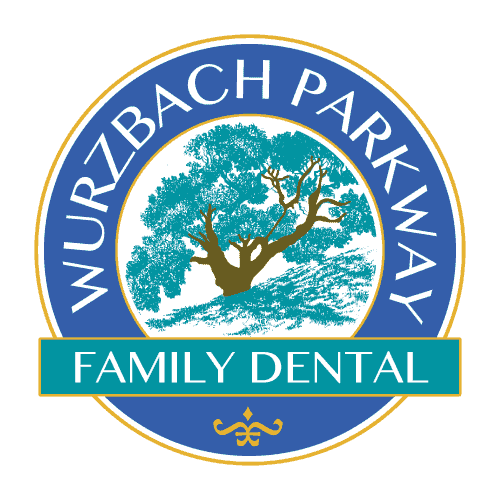The Dangers of Sleep Apnea
Sleep is important for more than just beauty, it gives your body the rest you need to perform at your very best each day. We know that some of our patients have trouble sleeping, which affects their work performances too. That’s not all it affects though! Sleeping problems can also cause harm to your oral and overall health! We believe it is vital for our patients to understand the importance of sleep, as well as how a lack of it can affect their health and daily lives.
Approximately 25 million American adults suffer from obstructive sleep apnea (OSA).
Sleep apnea causes patients who suffer from it to stop breathing hundreds of times per night. Each lapse in breathing can last anywhere from a few seconds to more than a minute. What causes patients with sleep apnea to stop breathing? This chronic condition occurs when the muscles relax too much during sleep, allowing soft tissue to collapse and block the patient’s airway. This causes the patient to have pauses in breathing, ultimately lowering their body’s oxygen levels. These pauses often wake the patient, causing even more disturbance to their nightly sleeping patterns.
What are the warning signs and factors for patients with sleep apnea?
The most common symptoms for patients suffering from sleep apnea are experiencing snoring, choking or gasping sounds during sleep. Sleep apnea, much like snoring, is more common in men. However, women can suffer from sleep apnea too. People with excess weight, a narrow airway or misaligned jaws can increase the risk of a patient developing sleep apnea. Other common factors include age, larger than average tongue, larger than average tonsils, smaller than average jaw, family history of sleep apnea and nasal obstruction.
Untreated sleep apnea can cause many issues for patients suffering with it, including daytime fatigue, headaches and memory loss. It is a threat to the safety of patients who suffer from it, as well as those around them, due to increased accidents caused by fatigue. Based on studies done by the American Academy of Dental Sleep Medicine, untreated sleep apnea also raises a patient’s risk of developing high blood pressure, stroke, heart disease, heart failure, irregular heartbeat, diabetes, depression, chronic acid reflux, erectile dysfunction and can even worsen ADHD. In fact, it is estimated that about 38,000 cardiovascular deaths each year are related in some way to sleep apnea.
Treatment for sleep apnea varies depending on the patient’s needs.
There are a variety of treatment options for patients who suffer from sleep apnea. These treatments vary based off of the severity of a patient’s symptoms. These treatment options include changes in patient’s sleeping patterns, CPAP therapy, oral appliance therapy or surgical correction. The science behind these treatments is right in our backyard! The Dental School at the UT Health Science Center, here in San Antonio, has been conducting studies on new cutting-edge treatments to help patients who suffer from sleep apnea in less invasive ways. Their new dental appliance therapy has been successful, as they have seen severe sleep apnea patients finish their study with mild to no sleep apnea.
Sleep apnea doesn’t just affect a patient’s sleep, it affects their entire life.
We believe all of our patients deserve a good night’s rest each and every day. That is why we are striving to give our patients the resources to get the results they deserve. We recommend that our patients let us know about their concerns and symptoms, if they believe they may be suffering from sleep apnea. To be officially diagnosed a doctor must recommend the patient sees a specialist to receive testing. Once a diagnosis is confirmed, the specialist will find the best treatment solution for each individual patient’s needs. If you believe you or someone you love is suffering from sleep apnea, please feel free to contact us. We can help you get on your way to a high quality sleep each and every night!


